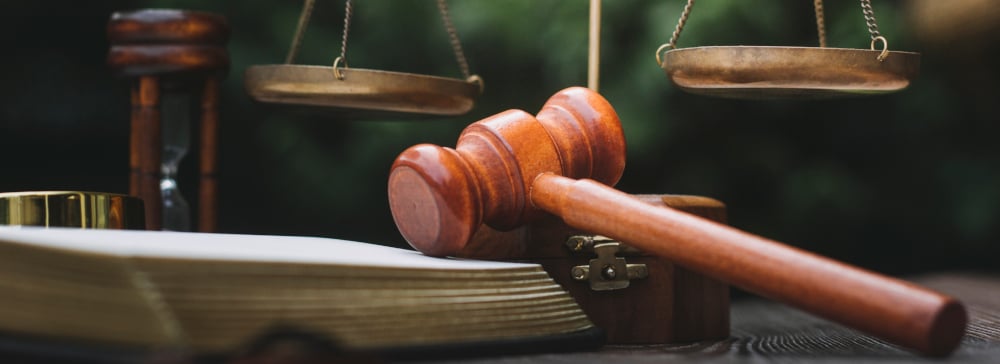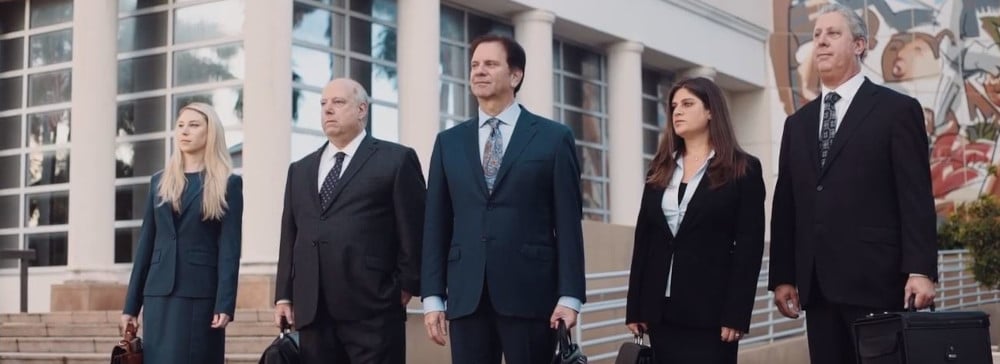Table of Contents
A portion of Florida’s 5.2 million elder residents reside in nursing homes in Broward County. Some elder residents are being physically, emotionally, psychologically, and financially abused, and they should be immediately removed from the home.
The family should also contact an experienced Fort Lauderdale nursing home abuse lawyer from Kogan & DiSalvo for a free consultation without obligation to begin protecting the health and rights of their elderly loved one. An experienced injury lawyer in Fort Lauderdale can craft a claim to help maximize any potential compensation you and your family may be owed.

Florida lawmakers take elder abuse seriously. They have established laws requiring annual licensing and inspection of nursing homes by the Agency for Health Care Administration as well as an agency to help elders stay healthy, safe, and independent, the Department of Elder Affairs, and 10 other agencies to serve the needs of the elderly. There is a regulation of nursing homes to ensure that the property is safe and there are procedures in place to prevent slip and fall accidents.

Under Florida law, nursing home residents must be treated with dignity, have their privacy assured, receive safe and high-quality medical care, be allowed to participate in religious and social events, and have their other rights respected.
Elder law adopted by Florida defines abuse as an intentional act that reasonably causes physical injury or psychological harm, inflicts psychological or physical injury, or encourages a person to commit an abusive act.
Reporting elder abuse is the first step to eliminating it. Florida law makes failing to report an elder’s abuse a felony criminal offense but provides immunity from prosecution for somebody who sees and reports abuse.

The number of elder abuse cases in Broward County reached nearly 5,200 in 2011. Although nursing home residents are responsible for about 20 percent of reported abuses, blame may ultimately fall on the nursing home’s practices, lack of monitoring, insufficient staff training, and improper actions or omissions by employees. If this occurs, an individual can seek the aid of a Ft Lauderdale nursing home abuse attorney to seek appropriate damages.
Typical abuses include:

A Fort Lauderdale nursing home abuse lawyer will explain to the client that these abuse cases are adjudicated under Florida’s comparative negligence law.
The law holds that parties will share negligence depending upon their percentage of fault in causing injury, death, or property damage. The percent of assessed fault reduces damages by that percentage, up to 50%. A party found 51% or more at fault will be prohibited from recovery entirely. A party that is not at fault can claim full damages.
Negligence is proven by four elements:
If the resident was at the nursing home under a contract with the business, an abuse may be a violation of the contract. A violation is a breach of contract, which may be actionable in claiming damages.

Our Fort Lauderdale nursing home abuse lawyers will gather evidence to prove the case by undertaking a comprehensive investigation of the nursing home and its owners to discover any previous negligent episodes and reconstruct the event using physical and testimonial evidence. The attorney will also assess the contract with the nursing home to determine if a breach occurred and if it is actionable. Preparation of the case includes the lawyer anticipating defenses and countering them.
Many civil cases reach a settlement between the parties, which is less expensive than taking the case to court before a jury. The Ft Lauderdale nursing home abuse attorney will aggressively negotiate a settlement with the insurance carrier that is satisfactory to the client. Should it get to court, the lawyer will be prepared to win.
The Fort Lauderdale personal injury attorneys at Kogan & DiSalvo work on contingency, meaning legal fees are taken from the monetary damages. If the case fails, no fees are charged.
If you are injured and unable to come to us,
our attorney will come to you - there is no charge for us to do so.